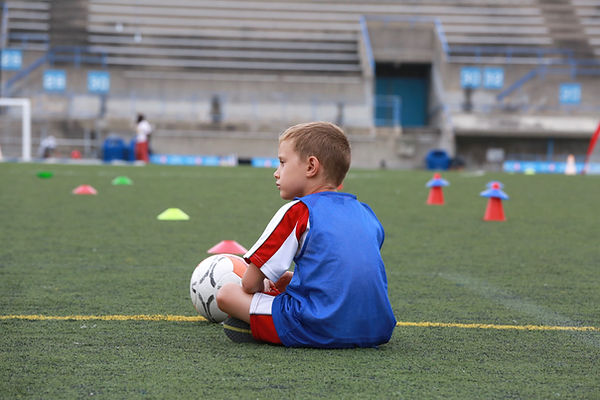Intramural soccer, also known as recreational soccer, is an excellent way for kids to learn the game, have fun, and enjoy the benefits of physical activity. The age range for intramural soccer can vary depending on the league, but it typically starts at the youngest age group for organized soccer, which is often around 4-5 years old.
Intramural soccer leagues are designed to provide a fun and safe environment for young players to develop their skills and learn to play as part of a team. Often, these leagues have smaller fields, shorter game times, and fewer players on the field to make the game more manageable for younger children. As players grow and progress in the game, they may move on to more competitive leagues, such as travel soccer, but intramural soccer remains an essential starting point for many young players.
Playing soccer with an older age group can have both positives and negatives. On the positive side, playing with older and more experienced players can be a great way to challenge yourself and develop your skills quickly. You may also learn new strategies and techniques that you wouldn't have otherwise, and playing with older players can help you develop a better understanding of the game. Additionally, if you are successful in the older age group, you may be able to move up to higher levels of competition, which could open up new opportunities for you.
On the negative side, playing with an older age group can also be challenging. The game may be faster and more physical, which could put you at risk for injury if you are not properly prepared. Additionally, playing with older players may require a greater level of commitment, both in terms of time and effort, which could be difficult to manage alongside other responsibilities. Finally, if you are not successful in the older age group, it could lead to frustration and disappointment, which could negatively impact your motivation and confidence. Ultimately, the decision to play with an older age group should be based on your personal goals, skills, and readiness for the challenges it may present.







